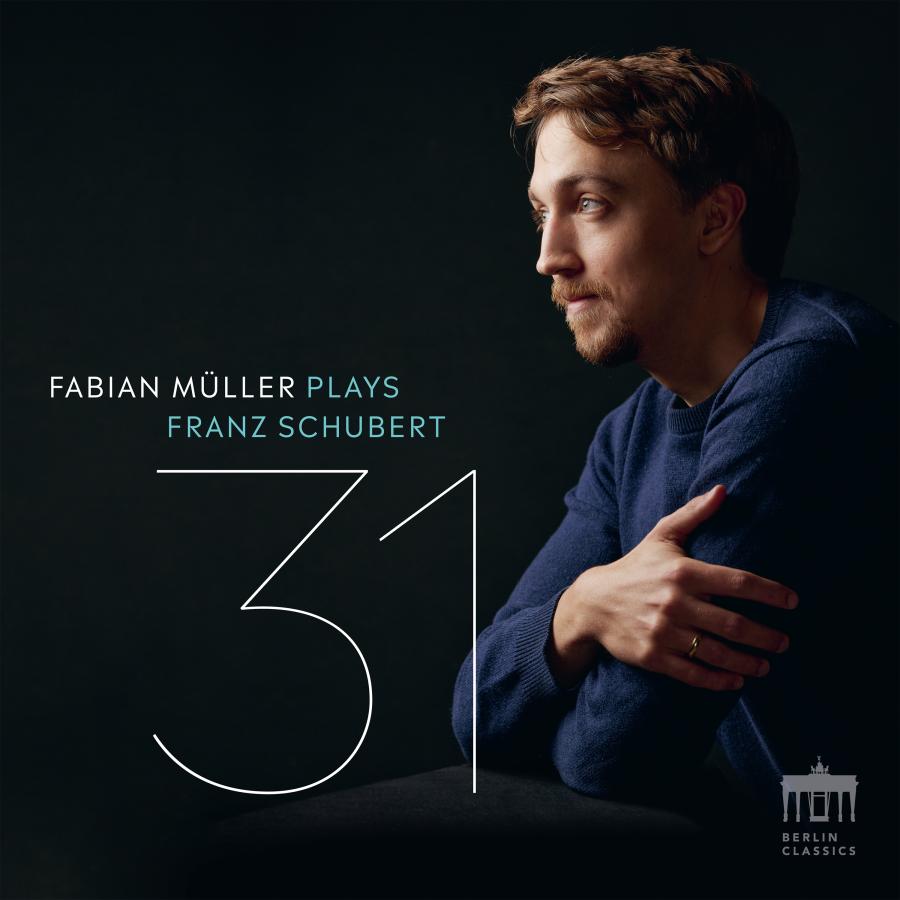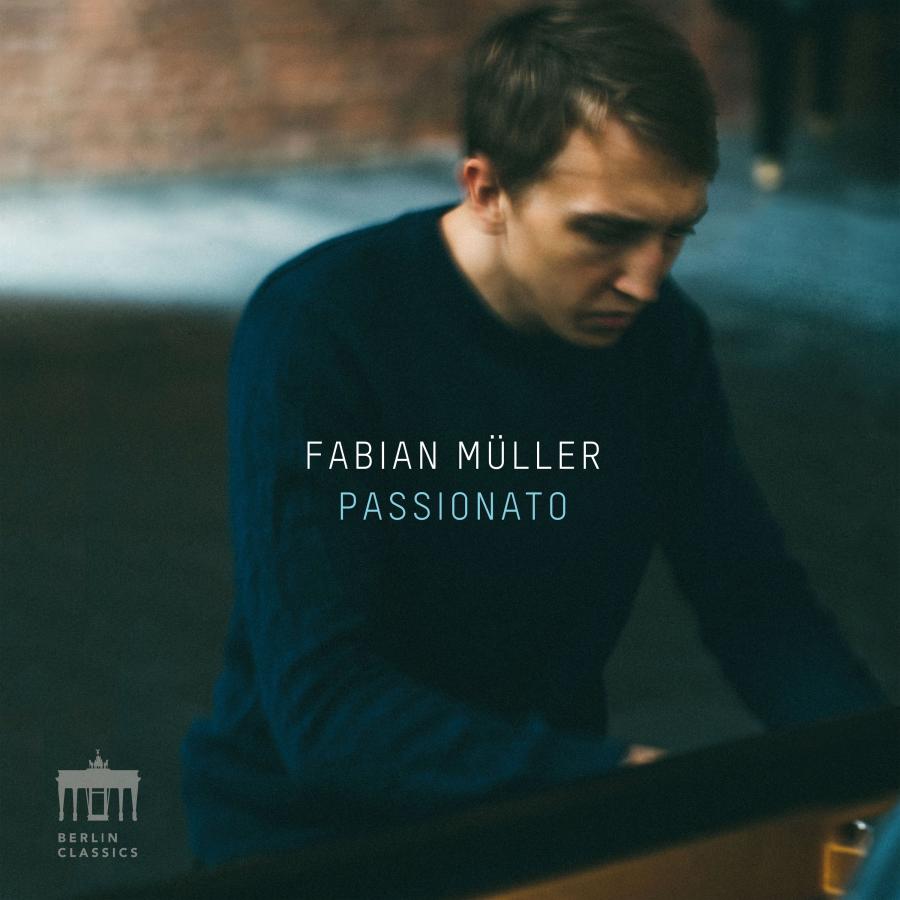Fabian Müller plays Franz Schubert’s last piano pieces on his new album “31”, to be released by Berlin Classics on March 4. The Bonn-born pianist, who recently made his debut in Berlin’s Boulez Saal, recorded the Piano Sonatas D958-960 by Schubert and his Three Piano Pieces D946 at the age of 31, the same age that Schubert himself – at the very end of his life – composed them. Müller plays the three sonatas from the Henle Urtext edition and proceeds to add his own very personal touch. Like Alfred Brendel, he omits all the exposition repeats and for that matter, he takes the view that every performer has the right to apply his or her individual interpretation, where tempo is concerned for instance. He explains this in the booklet interview with Malte Hemmerich.
The pianist’s first encounter with Schubert’s works came in the form of a Fischer-Dieskau recording of Winterreise that he heard on his Discman, when suddenly he had the thrilling feeling of having found buried treasure.
How old do you have to be to play these end-of-life works? Do the circumstances of a work’s composition automatically have a bearing on a performer’s ability to play them? How do you approach the “late style” of a creative artist who died so young? “Schubert died at such an early age – just 31 – and yet a lot of people say you have to be incredibly old to play the pieces he composed at the end of his life. And I simply think that is wrong,” says Müller. Surely a young man feels due respect for one who died an untimely death; may not his humility be even greater when he is aware of being the same age? Müller finds the works to be full of vitality. “I think these are the pieces by a man who was in the midst of life, who did not at all want to die.” It is the many facets of Schubert’s compositions, the wealth of feelings expressed in musical terms, that fascinate Müller: “His music is like a rainbow.” Limiting Schubert’s last works to a single colour, let alone casting the grey shadow of longed-for death over them, strikes the pianist as a totally unnecessary reduction, not to say a gross misinterpretation.
As to the question of what passage is most typically Schubert, Müller makes a case for the second movement of Sonata No. 19: “… quite soft with a staccato accompaniment in the left hand. Peaceful, affectionate, somehow a bit sad, but at the same time incomparably happy; memories of a dance in the background and the whole thing embedded in writing that has very strong contrasts and a very powerful, existential mode of expression. And is so redemptive and beautiful towards the end. Not in an aesthetic way, in an inspiring manner.”
The Kieler Nachrichten newspaper hails Fabian Müller as an “approachable virtuoso” who has an equal command of “keyboard devilry” and “utterly tender pianissimo humility”, and the Bonn General-Anzeiger concludes that Müller is not only technically “as well equipped as it is possible to imagine”, but also praises the “exceptionally high level of maturity in his interpretations”. Is he just the right age, then, to bring out all the rainbow colours of Schubert’s piano pieces in radiant brilliance?







